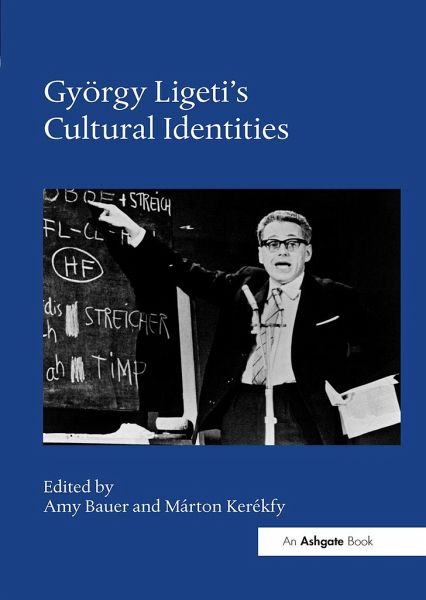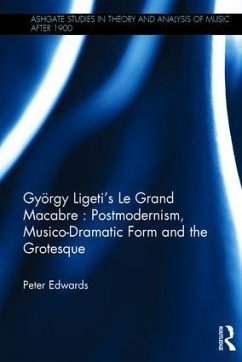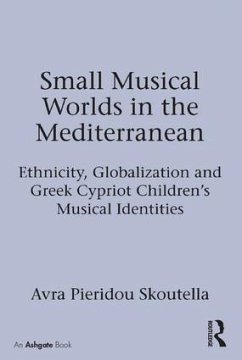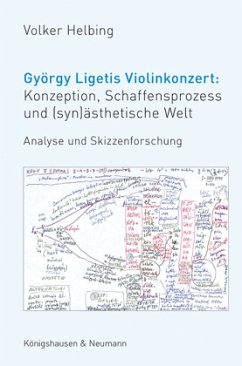
György Ligeti's Cultural Identities
Versandkostenfrei!
Versandfertig in 1-2 Wochen
168,99 €
inkl. MwSt.

PAYBACK Punkte
84 °P sammeln!
Since György Ligeti's death in 2006, there has been a growing acknowledgement of how central he was to the late twentieth-century cultural landscape. This collection is the first book devoted to exploring the composer's life and music within the context of his East European roots, revealing his dual identities as both Hungarian national and cosmopolitan modernist. Contributors explore the artistic and socio-cultural contexts of Ligeti's early works, including composition and music theory; the influence of East European folk music; notions of home and identity; his ambivalent attitude to his H...
Since György Ligeti's death in 2006, there has been a growing acknowledgement of how central he was to the late twentieth-century cultural landscape. This collection is the first book devoted to exploring the composer's life and music within the context of his East European roots, revealing his dual identities as both Hungarian national and cosmopolitan modernist. Contributors explore the artistic and socio-cultural contexts of Ligeti's early works, including composition and music theory; the influence of East European folk music; notions of home and identity; his ambivalent attitude to his Hungarian past and his references to his homeland in his later music.














